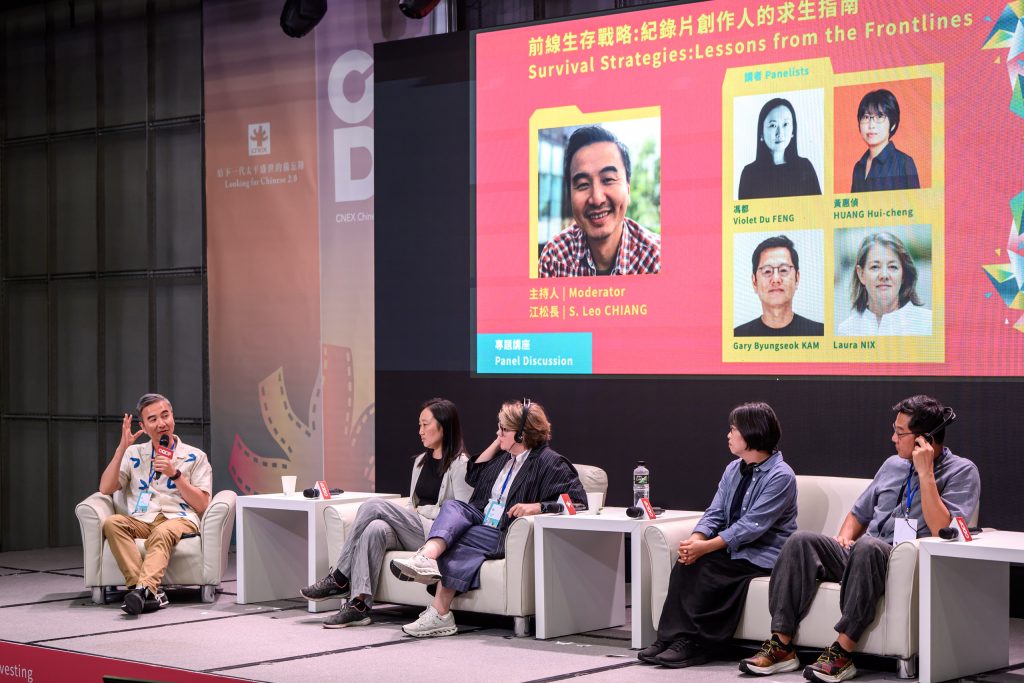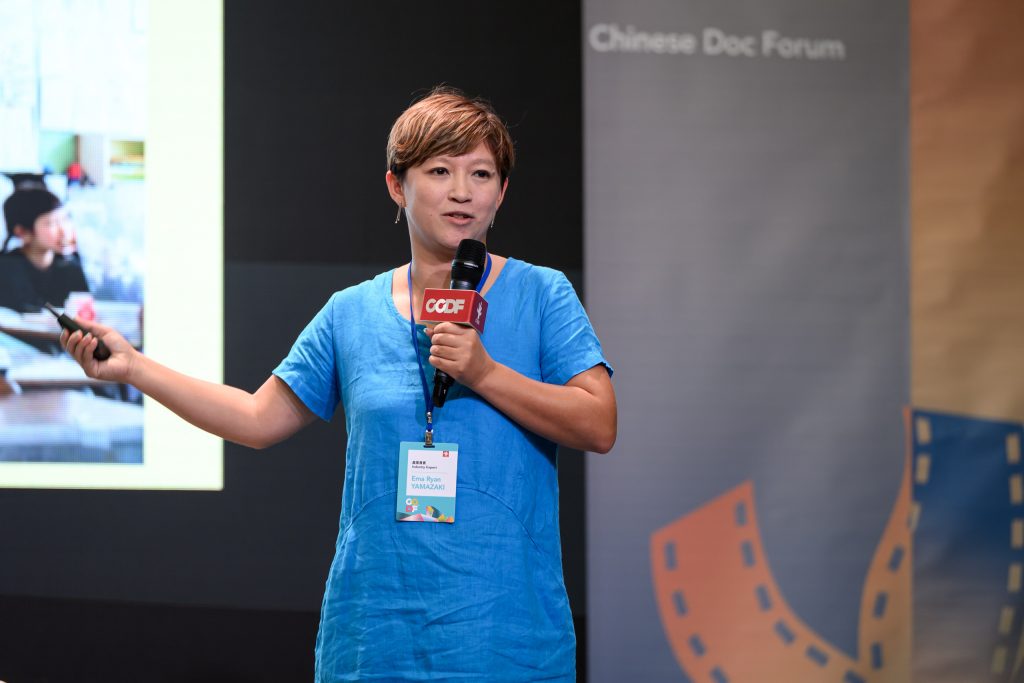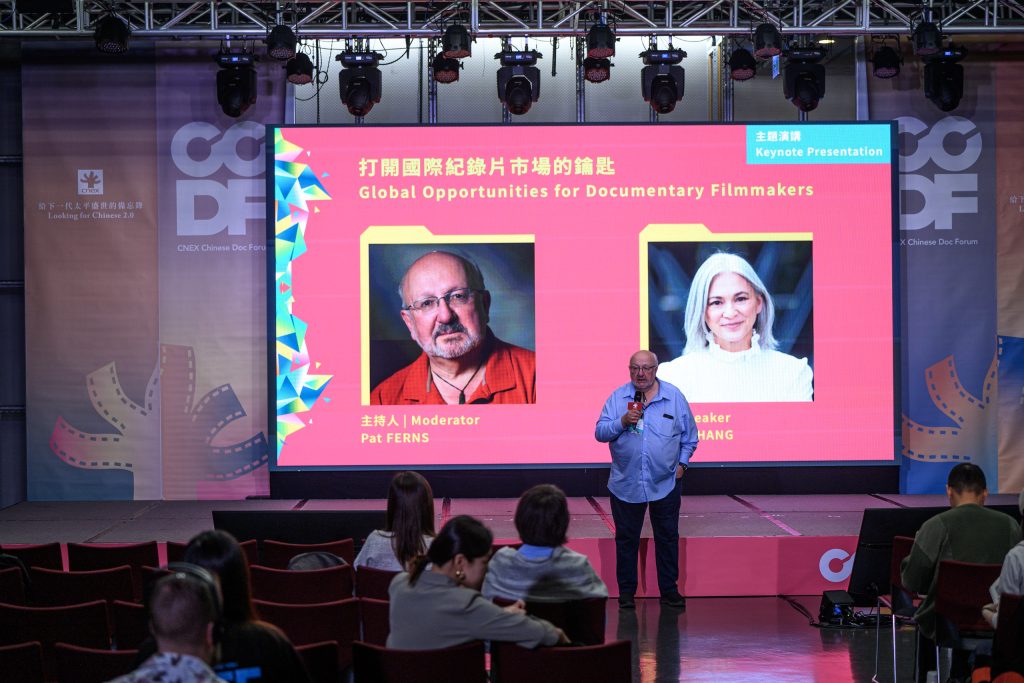International Film Co-production Dos & Don’ts (CCDF-14 Master Class)
Moderator: Gary Shih -Director, Dynamic Communication
Speaker:Stefano Centini -Director, Producer
The masterclass featured in-depth discussions led by international film production expert Stefano Centini on film co-production and joint venture models. Centini detailed the production and distribution processes of his film “A Holy Family” as a prime example.
Since 2013, Stefano has guided several Taiwanese productions onto the international stage, including “A Holy Family,” “Our Second Home” and “Divine Factory,” showcasing his extensive experience in international co-productions. He emphasized distinctions between international co-production and joint ventures, sharing strategies on effectively leveraging European funds like Creative Europe Media and Cinema du Monde, as well as similar Asian funds such as those from the Singapore Film Commission, to enhance collaborative efforts and create globally appealing films.
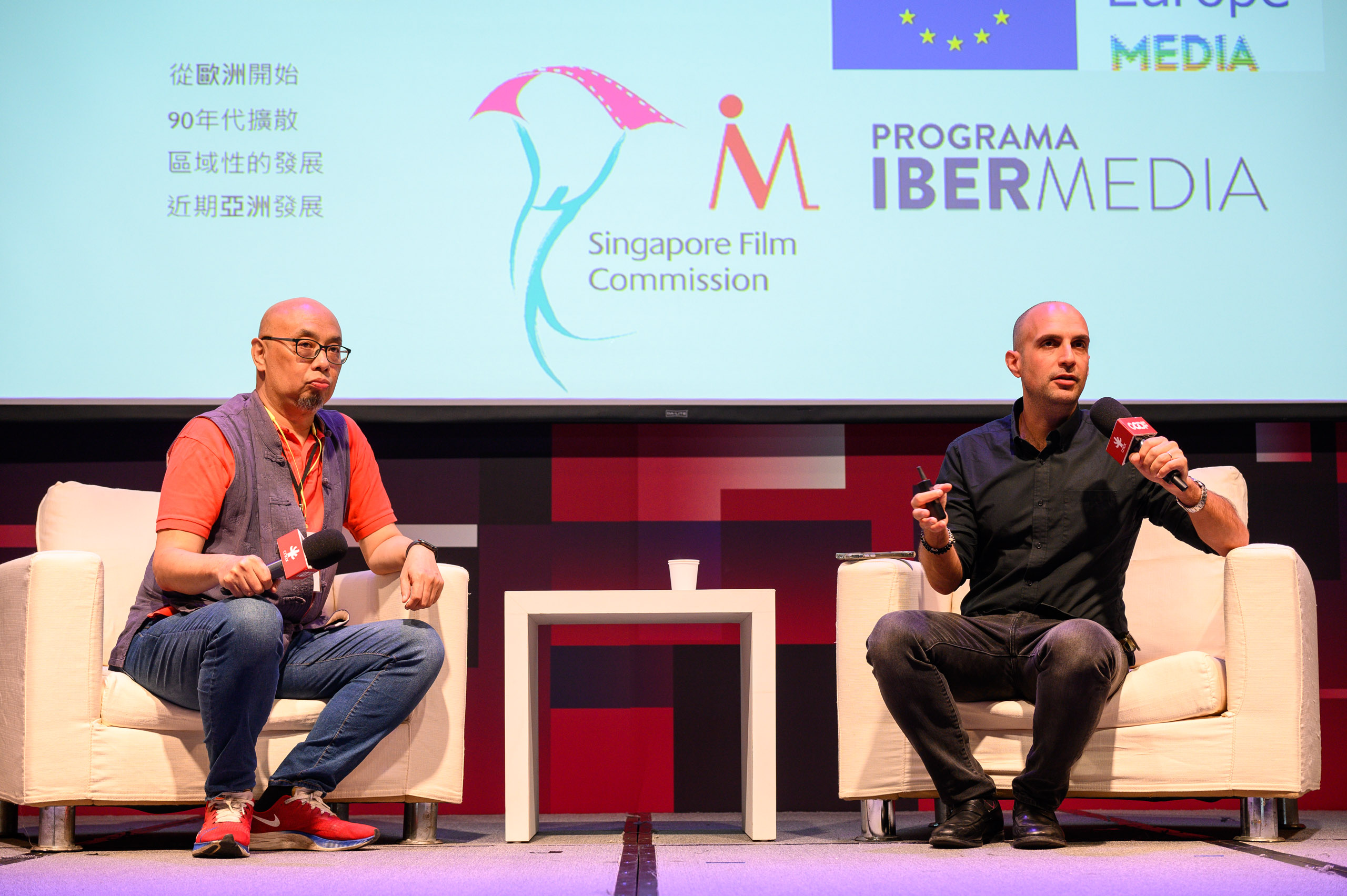
However, Centini candidly acknowledged the challenges of international co-productions, such as extended production timelines, language barriers, and risks inherent in cross-border collaborations. He illustrated these challenges with the example of “The Settlers,” a film exploring issues faced during Western colonization of Chile. Editing difficulties arose in France due to differing cultural perspectives, highlighting the misunderstanding of the story’s core, which was better understood and supported by the post-production team in Taiwan.
“A Holy Family” due to its French co-production, necessitated a specific post-production workflow. Initial color grading and sound processing were mandated in France before final adjustments were made in Taiwan. This process, tailored to meet international collaboration requirements, demanded meticulous planning and execution.
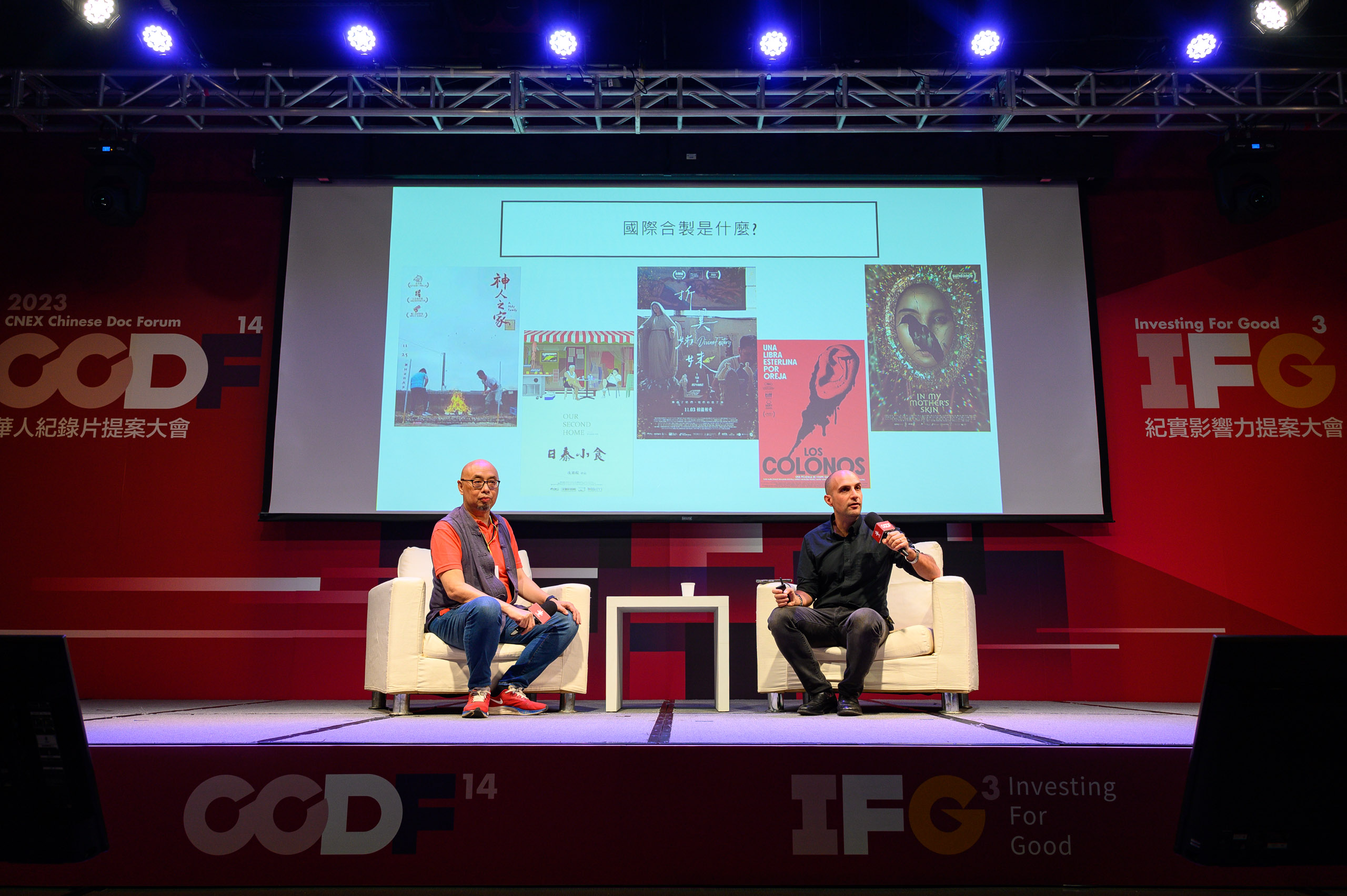
Despite these complexities, Centini underscored how such collaborations can elevate a film’s exposure and quality. He encouraged filmmakers to carefully consider international co-productions as opportunities for personal and professional growth. Centini further shared practical experiences of collaborating with Asian directors, highlighting cases where initial distrust evolved into successful partnerships through perseverance and mutual understanding.
Lastly, Centini emphasized the critical importance of strategic planning and rights management in the film distribution process. He shared insights on balancing interests across various film festivals and OTT platforms. He urged Taiwanese documentary filmmakers to embrace international collaborations more actively, offering opportunities for greater achievement and experience.
Overall, this insightful panel not only provided valuable industry insights to the audience but also offered practical advice and guidance for future success in international co-production projects.

